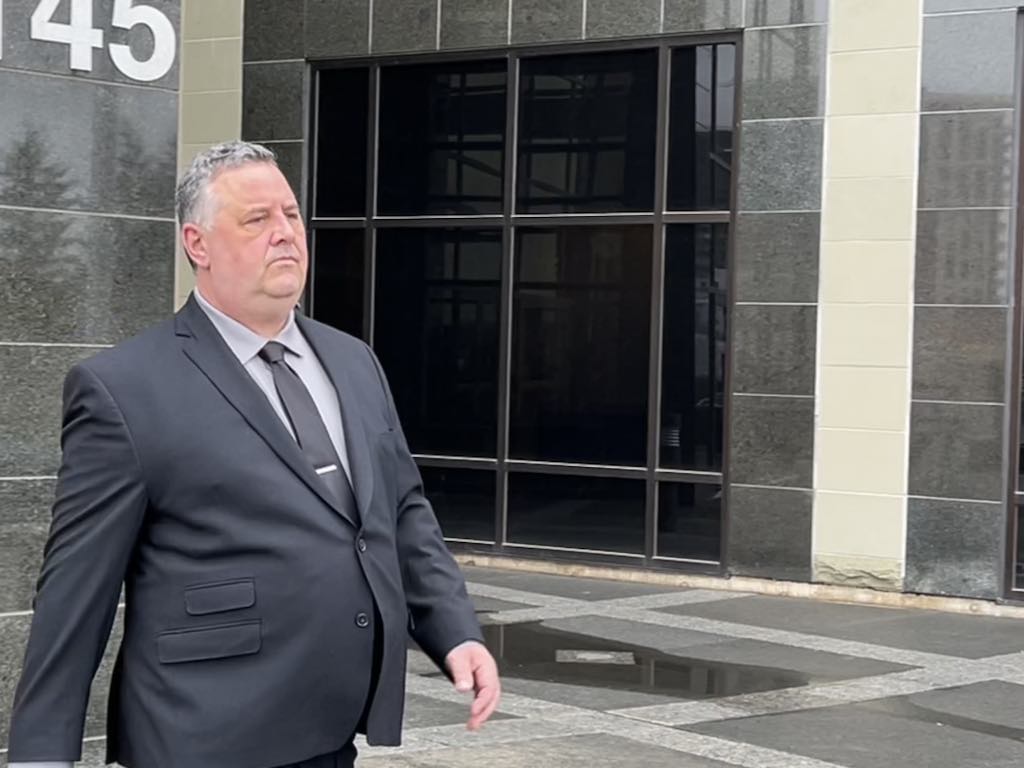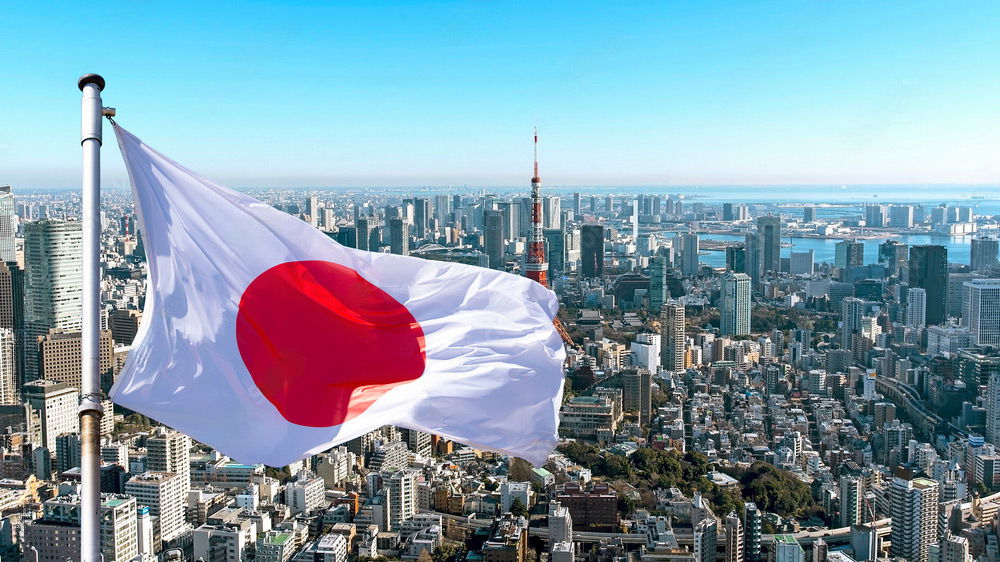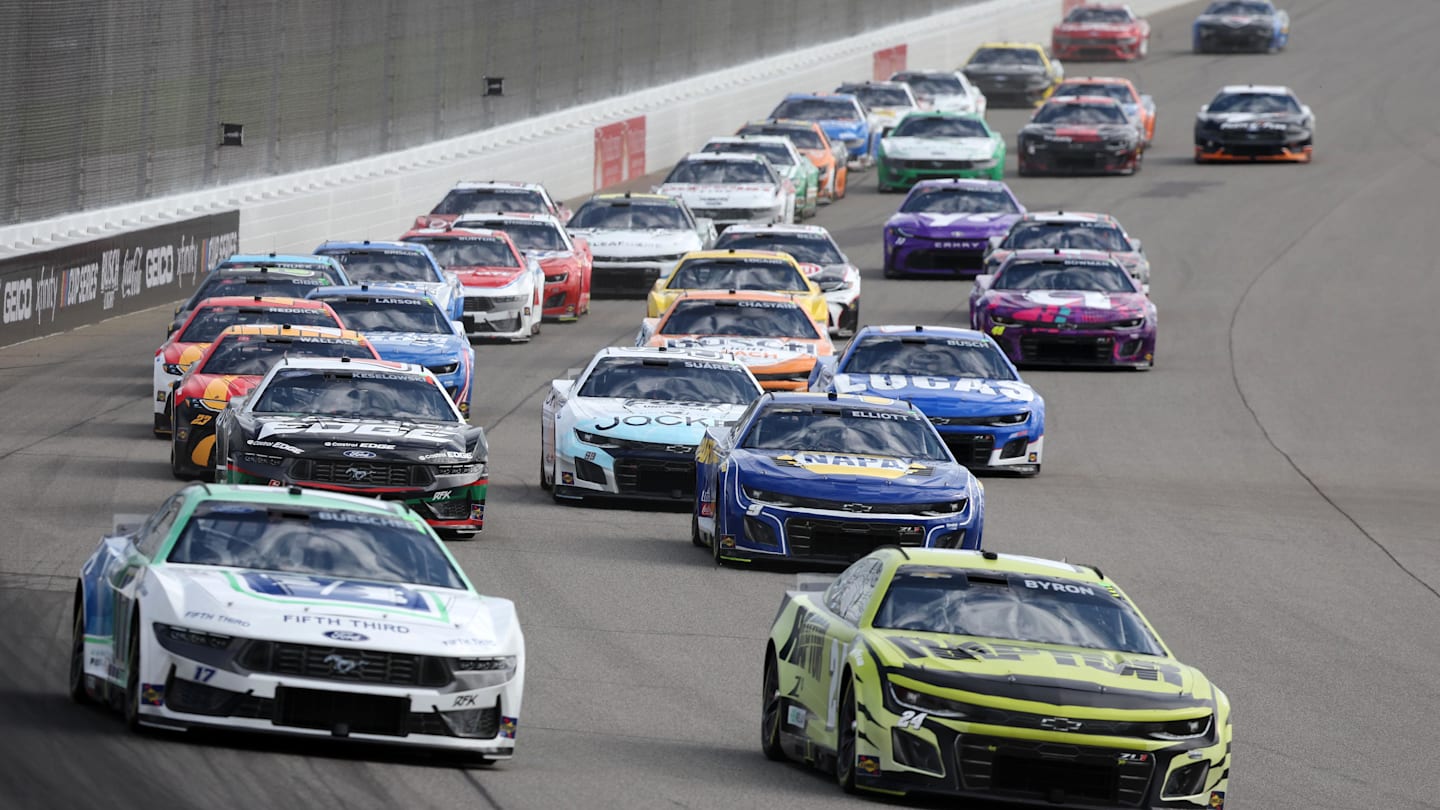The filings were in support of a lawsuit that seeks to reverse the federal government’s approval of the Koi project, granted in the final days of the Biden administration.
Political leaders from the California governor to a U.S. senator to the Windsor Town Council long ago went on record in their opposition to a resort-casino proposed by the Koi Nation on a 68-acre plot of lightly developed land in the Shiloh neighborhood, just outside Windsor city limits.
That project could allow the Koi to build one of the Bay Area’s largest gambling operations.
Now, two local officials have written their concerns into federal court filings.
Lynda Hopkins, representing the Sonoma County Board of Supervisors, and Jon Davis, the Windsor town manager, a month ago filed declarations opposing the Koi Nation’s attempt to dismiss a lawsuit brought by the Federated Indians of Graton Rancheria against the U.S. Department of the Interior and its newish secretary, Doug Burgum.
That suit seeks to reverse Interior’s approval of the Koi project, granted in the final days of the Biden administration.
Both declarations include multiple attached exhibits that represent a catalog of previous public comments by the Board of Supervisors and Windsor Town Council, respectively.
“The County’s voluminous comments include numerous objections from County engineers, planners, hydrogeologists, biologists, and planners that should have given the Bureau of Indian Affairs — or really, any reasonable person — pause before approving the project that is at issue in this litigation,” Hopkins, wrote to the U.S. District Court’s Northern District of California, which is overseeing the case, on behalf of the board she chairs.
“The project is in an area of the County that does not allow commercial development, and that has been subject to devastating wildfires.”
Hopkins’ attachments included a board resolution passed in April 2022, and the supervisors’ public comments to the Bureau of Indian Affairs during three separate phases of environmental review, as well as their comments on the Koi’s fee-to-trust application.
Davis offered even more exhibits: a resolution passed by the Windsor Town Council advocating an agricultural land use designation for the Shiloh Road property (also in April 2022), five separate comment letters to the bureau and another letter sent to then-Secretary of the Interior Deb Haaland in 2024.
“The Final Environmental Impact Statement (for the Koi project) is inadequate and it is of vital public interest for these issues to be adjudicated,” Davis wrote in his declaration.
Meanwhile, the Koi Nation has been submitting its own arguments to the court. The Pomo band — currently based in Santa Rosa, with aboriginal roots tracing to the Clear Lake area — is not a party in Graton Rancheria’s lawsuit. But the tribe is attempting to assert its right to intervene in the case, and to have it tossed out.
In one of two legal replies they filed May 19, the Koi contend that legal precedent authorizes tribes like theirs to intervene in cases that stand to affect their property rights.
“This is not a close call,” the tribe argues.
The other document filed that day attempts to damage Graton Rancheria’s case using its own previous legal arguments.
When it filed a temporary restraining order in November in a bid to delay Haaland’s decision, the Graton tribe cautioned that if the federal government took land into trust for the Koi, “state historical and cultural resource law would be replaced by applicable federal law, which would give the Koi Nation control over these Southern Pomo cultural objects and ancestral remains, to the exclusion of Southern Pomo tribes like FIGR.”
U.S. District Judge Rita F. Lin granted that restraining order, but ultimately rejected Graton’s request for an injunction, paving the way for Haaland’s approval of the Koi application. According to the Koi, their rival is questioning the same federal standards it had pointed to earlier in defense of its case, now calling them a threat to Graton’s local sovereignty should the Koi project be approved.
The Koi also note that Graton Rancheria’s complaint focuses exclusively on Class III gaming rights.
As soon as the Department of the Interior took the Shiloh land into trust, the Koi assert, their tribe immediately gained the right to operate Class I and Class II gaming there.
Class I generally refers to social games played for prizes of minimal value, or traditional forms of betting in connection with tribal ceremonies or celebrations. Class II gaming includes bingo and “non-banked” card games, but also some machines that look and play like slots — the difference is, players are competing against others on the network, not against the machine.
Class III comprises Las Vegas-style gambling, including true slot machines.





